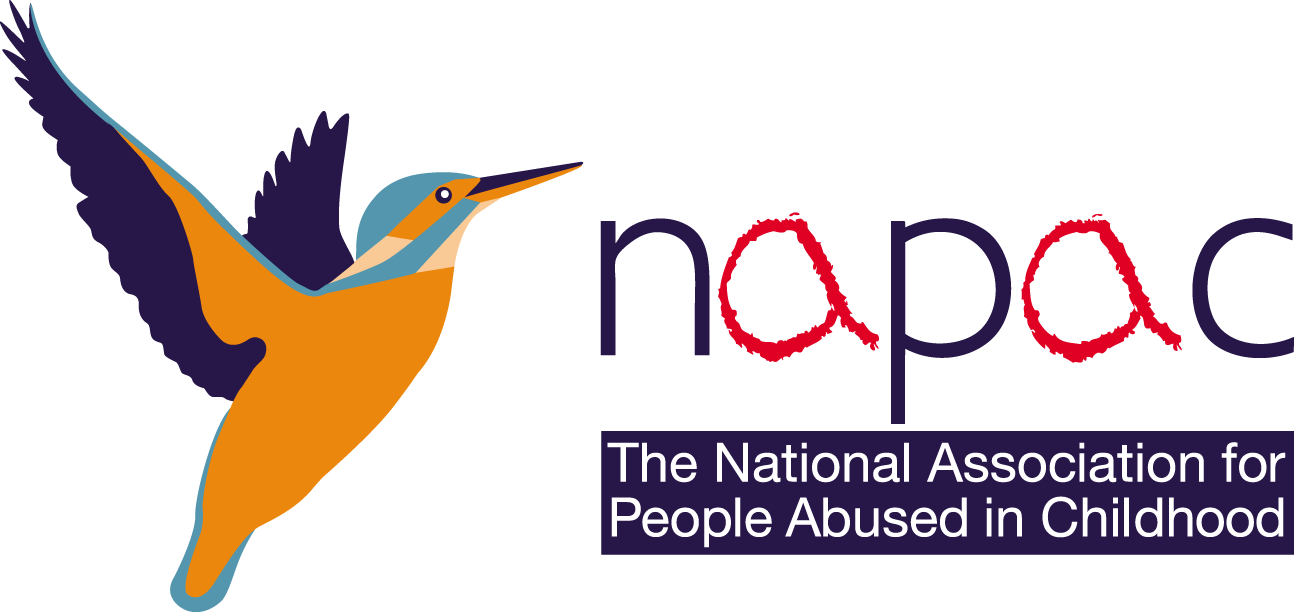Today (Tuesday 17 September 2019) is the first-ever World Patient Safety Day. The World Health Organisation (WHO) is launching a global campaign to create awareness of patient safety and urging people to show their commitment to making healthcare safer. This theme ties in with the growing movement towards trauma-informed practice, which NAPAC supports as a way of ensuring survivors are not harmed by their engagement with health services.
Abuse and neglect, whether short term or over many years, are traumatic experiences for a child. They threaten the child’s sense of physical or emotional safety or even their life and overwhelm their nervous system. The effects of trauma are deepened if it’s not possible to escape the threat, which is naturally the case for most children.
The Word Health Organisation has found 70% of the global population has experienced at least one traumatic event. It is clear there is an urgent and ongoing need to raise awareness and deepen knowledge about the impact of traumatic experiences and how we can find a more trauma-informed approach to healthcare.
The first principle of trauma-informed practice is safety. Medical examinations have the potential to be highly re-traumatising. Survivors may feel that they are not understood by health practitioners and that they are not in control of their body during examinations.
Physical restraint, seclusion and forced treatment are still part of practice in many mental health units, psychiatric hospitals and prisons in the UK. Disbelief, coercion, manipulation, restriction of movement, shaming, belittling and many other behaviours and dynamics that are reminiscent of a person’s original abuse may be replayed in service settings and deepen survivors’ physical and emotional distress.
Negative experiences worsen a person’s chances of lasting recovery, as they may discourage or altogether stop them from accessing healthcare services in the future.
Gabrielle Shaw, NAPAC’s CEO, said: ‘The key goal of NAPAC’s trauma-informed practice is to raise awareness among all healthcare professionals about the wide impact of trauma and to prevent re-traumatising patients who are seeking support and healing. A trauma-informed approach encourages practitioners to ask, “What happened to you?” – not “What’s wrong with you?”.’
Through training and advocacy NAPAC works with health professionals to support abuse survivors in a trauma-informed way. NAPAC hopes that the common effects of trauma and the best approaches to engaging with and supporting traumatised people will become part of a much larger conversation and increasingly absorbed into general knowledge and practice.
World Health Organisation (WHO) World Patient Safety Day 2019
Trauma-informed practice Read more about why NAPAC supports Trauma-Informed Practice
Find out more about what we are asked on our support line – Common Concerns
• What is abuse and what is trauma?
• Is my mental health diagnosis linked to the abuse?
• How can I overcome my fear of medical examinations?
NAPAC’s training
Quotes from health-care professionals who have taken our recent training courses
– “I will be more aware of how to manage first disclosures and possible triggers in the session setting and also how to self-care”
– “This course has made me more aware of what I could say, do or think about to ease the patient’s distress”
